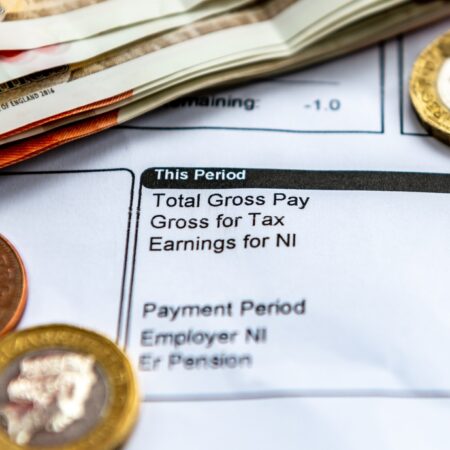National Insurance and dividend tax rises announced for social care reform
There will be a 1.25% increase in NICs on earned income, with dividend tax rates also increasing by 1.25%. The money raised will be ring-fenced for health and social care costs.
The Levy will be effectively introduced from April 2022. This is when NIC for working age employees, the self-employed and employers will increase by 1.25%. It will be added to the existing NHS allocation. The Levy will not apply to Class 2 or 3 NICs.
From April 2023, once HMRC’s systems are updated, the 1.25% Levy will be formally separated out. At this point it will also apply to individuals working above State Pension age and NIC rates will return to their 2021/22 levels.
Individuals who receive dividend income will also face a higher tax bill as all rates of dividend tax will increase by 1.25% from April 2022.
The dividend tax is applicable on dividend income above the frozen £2,000 dividend allowance and above the £12,570 personal allowance. Shares on assets held in Individual Savings Account (ISAs) are excluded from the dividend tax.
From the 2022-23 tax year, basic rate dividend tax will be charged at 8.75% instead of 7.5% this year. Higher rate dividend taxpayers will be charged 33.75% instead of 32.5% and additional rate dividend taxpayers will pay 39.35% instead of 38.1% respectively.
Amy Telford ACA from Telford, Harvey & Bates reflects on the tax rises:
“The National Insurance Contribution (NIC) increase has been widely spoken about in the media and will affect those on earned income. In addition to this, the increase in dividend tax rates is likely to be a substantial increase in administrative burdens. In addition, it will mean additional costs for businesses who will need to amend payrolls to reflect these increases.”
Our team of experts at Harvey, Telford & Bates offer a professional and confidential payroll service to meet your needs using professional payroll software. Should you require this service you can get in touch with us. Call us on 01743 462604 or email us at [email protected] .
To view the information on the Gov.uk website, please click here


